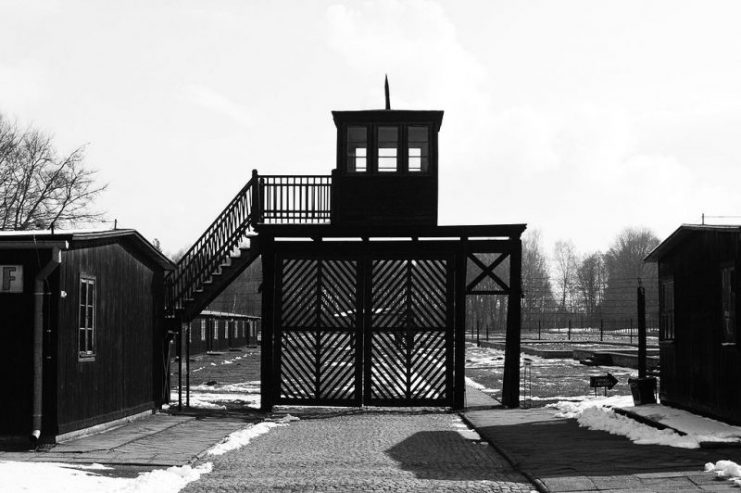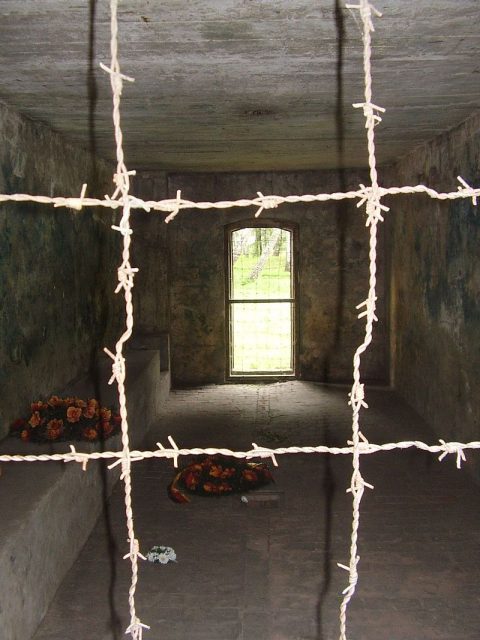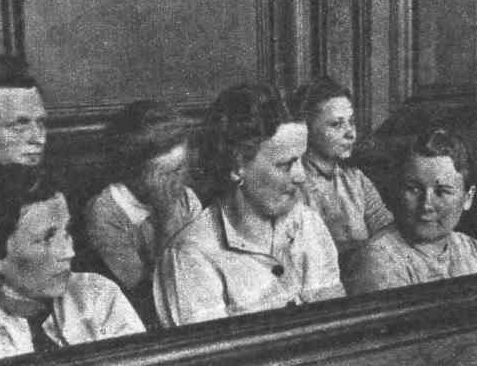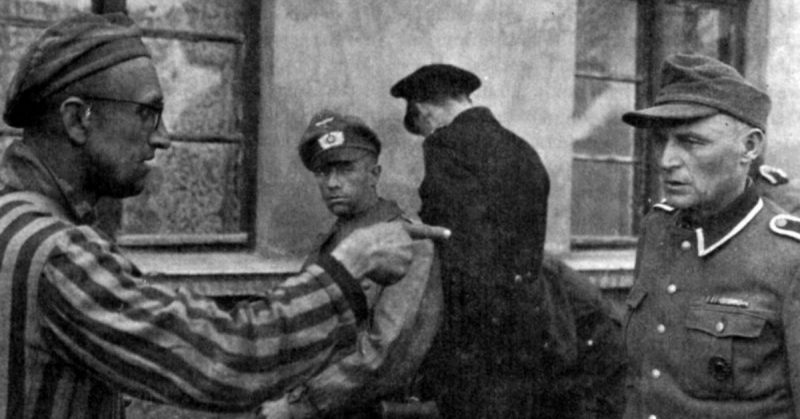In November 2018, a 94-year-old German man will stand trial to answer for crimes that he committed during WWII.
The alleged crimes took place in the Stutthof Concentration Camp that was situated near Gdansk, in what is now Poland. Although the man is in his nineties, he will nevertheless be tried as a juvenile, since he was younger than 21 at the time of the crimes.
The unnamed man was a guard in the SS, which was the paramilitary wing of Hitler’s army.
His accusers say that for the three years he served at the concentration camp, he was complicit in the murder of hundreds of people because he knew what was happening but did nothing to stop it.
Stutthof was a Nazi concentration camp built in a remote, wooded, and very wet area near the city of Gdansk. The camp was constructed around existing buildings soon after Nazi Germany invaded Poland.
It was the first camp built outside of Germany and was used mainly for imprisoning Polish rebels. Stutthof was brought into operation late in 1939 and was the last camp to be liberated by the Allies in May 1945.

Conditions within the camp were brutal. Typhus was endemic in winter and epidemics regularly swept through the camp.
If the guards deemed any prisoners to be too weak from illness, those prisoners were summarily executed in the gas chambers.
Gas chambers were not the only method of slaughter — doctors in the camp hospital would dispatch prisoners with lethal injections. In all, some 85,000 people died in the camp.

One of the most gruesome discoveries was that the camp provided bodies for Dr. Rudolph Spanner to use in his experiments to produce soap using human fat.
The fat was rendered from bodies collected at Stutthof and two other locations. The experimental factory outside Gdansk was a horrific sight for the liberators: human body parts were found in vats while everywhere there were pails of a flaky substance that was found to be human soap.

Among the prisoners slaughtered at the camp were 100 Polish prisoners who were gassed over two days on the 21st and 22nd June 1944.
It is believed that several hundred Jewish prisoners were similarly murdered between August and December 1944. This was part of the so-called ‘Final Solution’ executed by the Nazis.
Prosecutors allege that the accused was one of the guards at the camp and that the guards were an essential component of the entire camp system. As an integral component, this guard must have known precisely what was happening and, since he made no effort to stop it, he is guilty of complicity.
Due to the old age of many of those recently accused in Nazi trials, prosecution can be a difficult task. Many of those standing trial are no longer in a physical state to face prosecution.
In this particular case, the trial will last no longer than two hours a day due to the unnamed man’s poor state of health.
The defense of following orders will no longer be accepted as mitigating factors in these trials. Last year, Oskar Gröning, the man who counted the money stolen from concentration camp victims at Auschwitz, was found guilty and was sentenced to serve four years in prison.
He died, aged 96, before he could start his sentence. In another case, Reinhold Hanning, a former SS guard at Auschwitz, was sentenced to jail but also died before he was incarcerated.

Read another story from us: Bunker Turned SS Prison Camp – A Visit to the Fortress of Breendonk
Many people question the validity of trying and sentencing men who are so old, but one must remember the victims of these camps: they deserve justice, just as those who persecuted them deserve to be tried for the crimes they committed.
